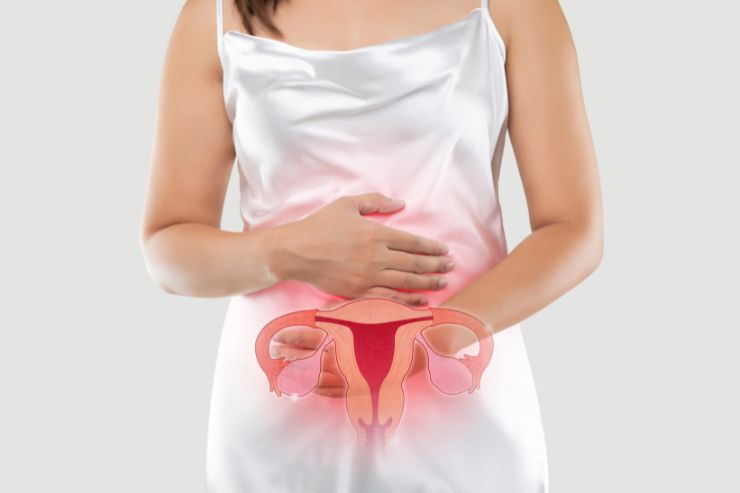
PCOD, or Polycystic Ovarian Disease, is a common hormonal disorder among women of reproductive age, affecting how their ovaries function. It's characterized by an imbalance in hormones, where higher than normal levels of androgens (male hormones) are produced. This hormonal imbalance can lead to irregular menstrual cycles, ovarian cysts, and difficulty in conceiving. Women with PCOD may experience a variety of symptoms, including irregular periods, often with prolonged or scanty bleeding, excessive hair growth on the face and body (hirsutism), acne, and weight gain. Despite its name, not all women with PCOD develop ovarian cysts, but many have enlarged ovaries with multiple small follicles.
Causes
The exact cause of PCOD isn’t fully understood, but factors such as genetics, insulin resistance, and inflammation play significant roles. Insulin resistance can lead to higher insulin levels, which in turn can increase androgen production, contributing to the symptoms of PCOD.
Diagnosis and Treatment
Diagnosing PCOD involves a thorough medical history, physical examination, and often blood tests to measure hormone levels. An ultrasound may also be performed to visualize the ovaries and look for cysts.
Treatment for PCOD aims to manage symptoms and reduce the risk of complications such as infertility and diabetes. Lifestyle changes such as maintaining a healthy weight, regular exercise, and a balanced diet are often recommended. Medications may also be prescribed to regulate menstrual cycles, reduce androgen levels, and improve insulin sensitivity.
